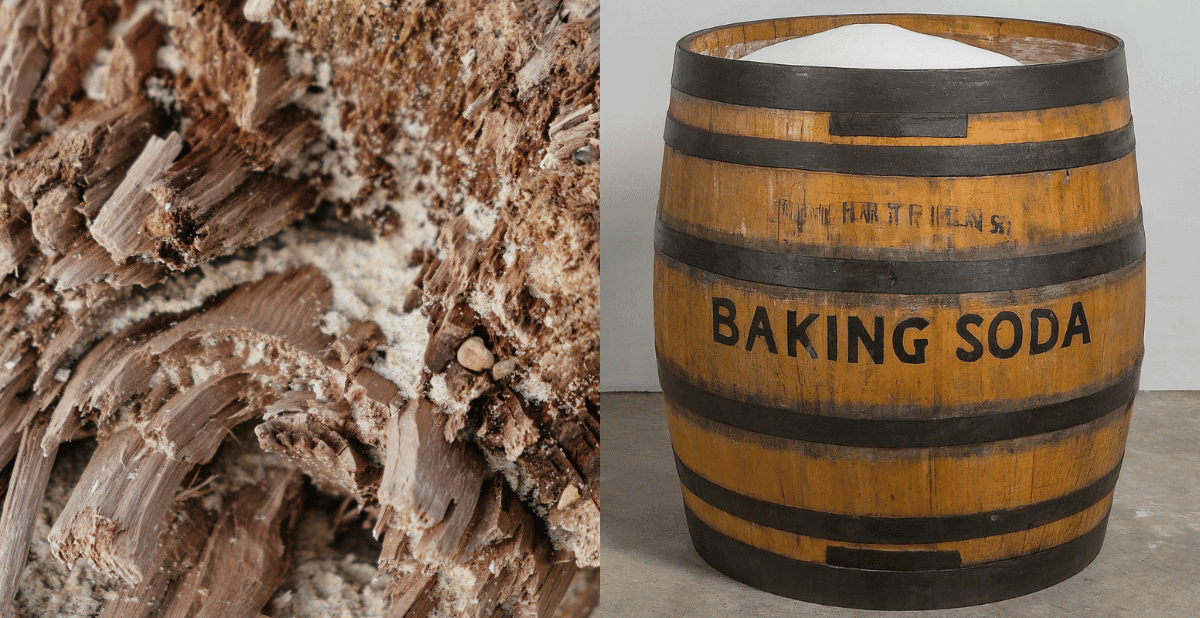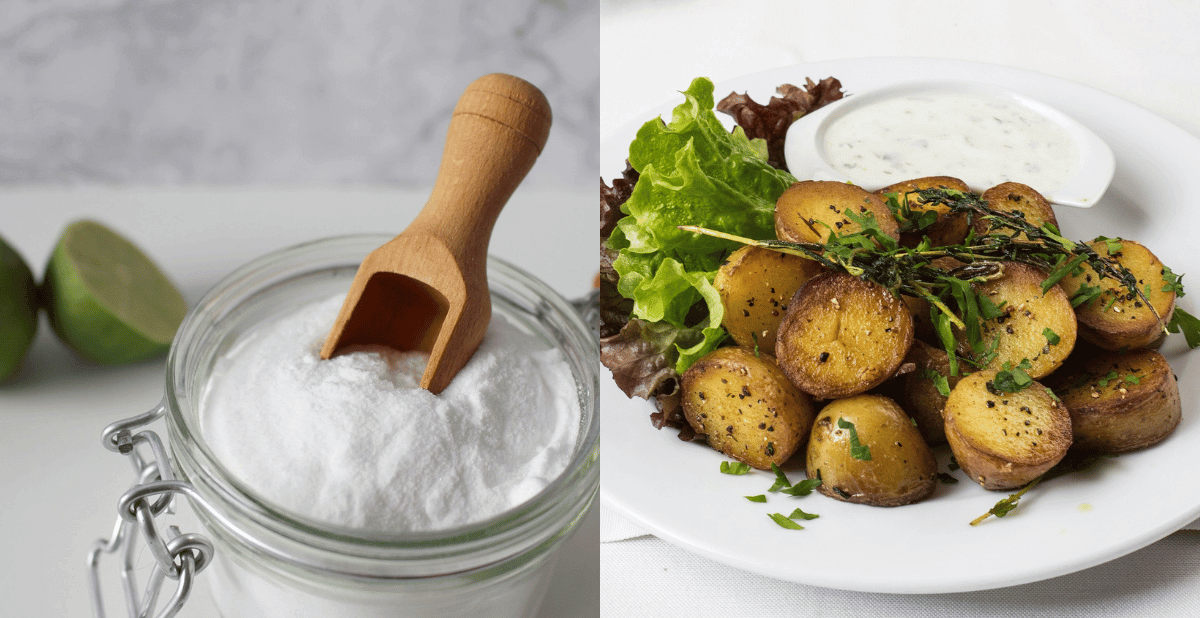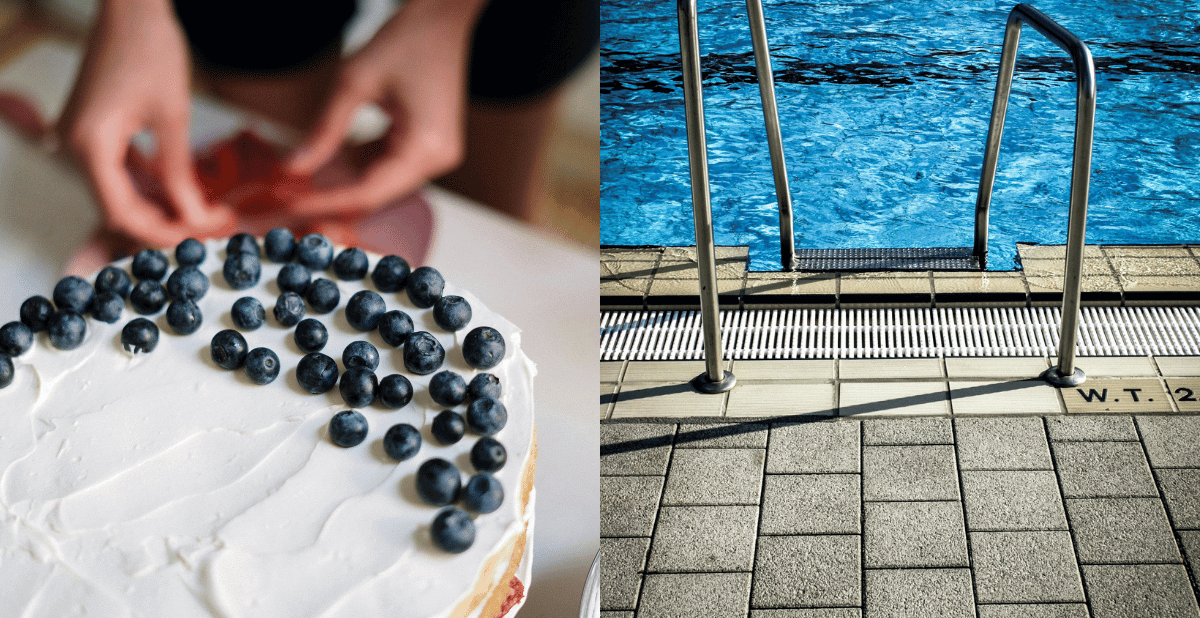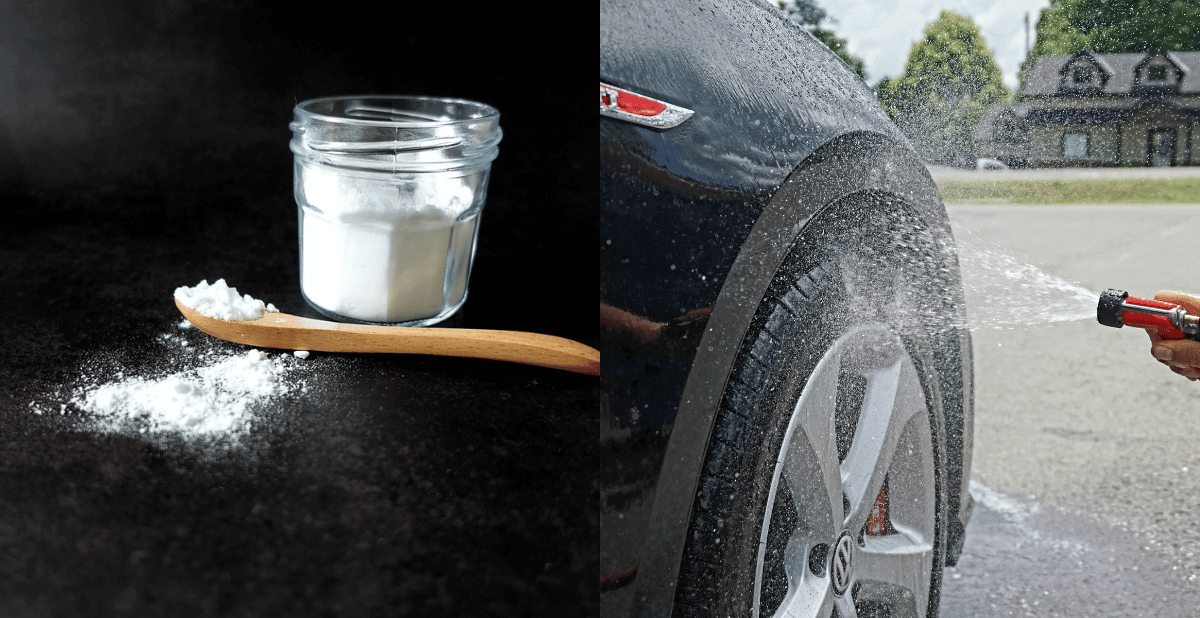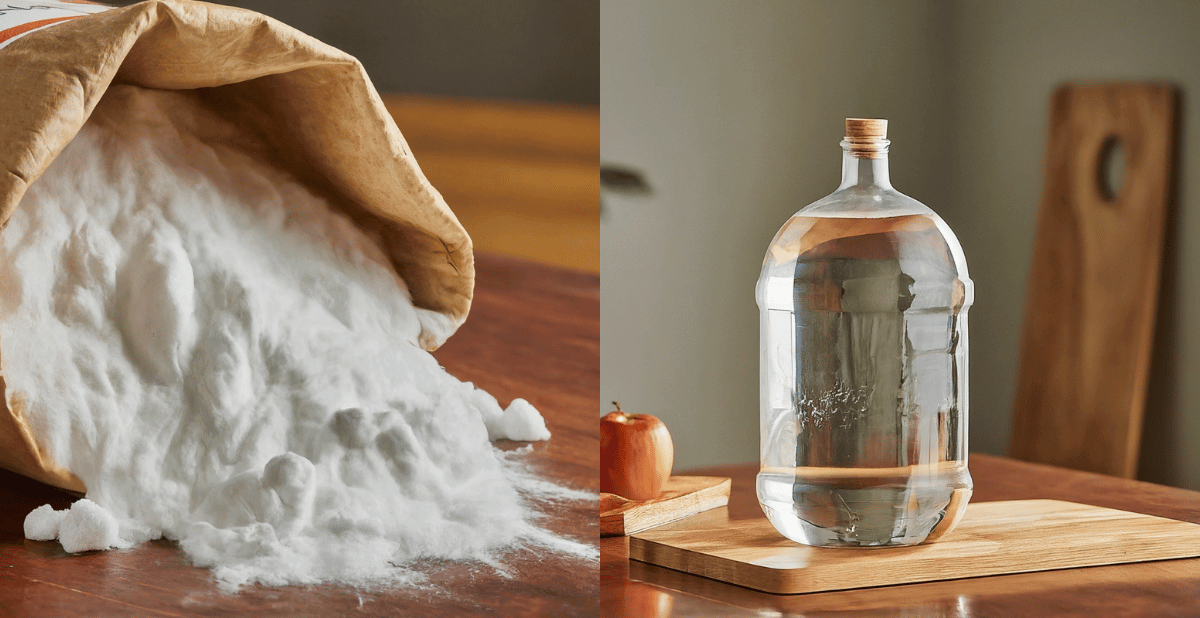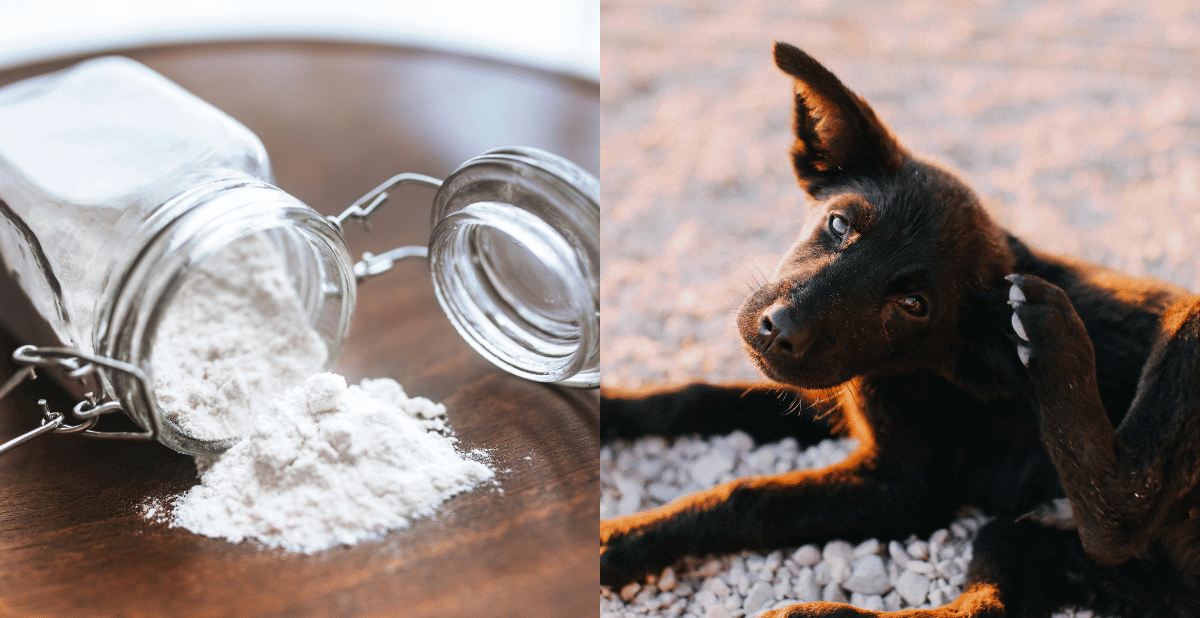Termites are silent destroyers of homes, gnawing away at the foundations without making a sound. Homeowners often scramble for solutions, and one common question that arises is: "Does baking soda kill termites?"
Let's explore this topic and the effectiveness of baking soda and other home remedies in combating termite infestations.
Key Takeaways:
- Baking soda is not an effective termite killer.
- Professional termite treatments are recommended for long-term control.
- Alternative home remedies like diatomaceous earth and essential oils have varying degrees of success.
Understanding Termite Behavior
Termites are social insects that live in colonies.
These colonies can house thousands of termites, including workers, soldiers, and reproductive individuals.
The workers cause the most damage as they forage for food, which is primarily cellulose found in wood.
Termites can be broadly classified into two types: subterranean termites and drywood termites.
Subterranean termites build their nests underground and require contact with soil to survive, while drywood termites live directly in the wood they infest.
Understanding these behaviors is crucial when considering how to treat termites effectively.
The Baking Soda Myth
The idea that baking soda can kill termites is a common misconception.
Baking soda, or sodium bicarbonate, is often touted as a miracle cure for various household problems, from cleaning to pest control.
However, when it comes to termites, baking soda falls short.
Baking soda does not have the chemical properties needed to kill termites.
Termites ingest cellulose, not baking soda, and even if they did come into contact with it, baking soda would not disrupt their biological processes.
Therefore, relying on baking soda as a termite treatment is ineffective and could lead to a worsening infestation.
Effective Termite Treatments
For long-term termite control, professional treatments are the most reliable.
Pest control companies use a variety of methods to treat termites, including liquid termiticides, baiting systems, and fumigation.
These treatments are designed to target the entire termite colony, ensuring that the infestation is eradicated.
Liquid termiticides create a barrier around the home, preventing termites from entering.
Baiting systems attract termites to a poisoned food source, which they then carry back to the colony.
Fumigation involves sealing the home and filling it with a gas that kills termites.
Each method has pros and cons but is more effective than home remedies like baking soda.
Alternative Home Remedies
While baking soda is ineffective, other home remedies have shown some promise.
Diatomaceous earth, for example, is a natural powder that can kill termites by dehydrating them.
When termites come into contact with diatomaceous earth, they absorb the oils and fats from their exoskeletons, causing them to dry out and die.
Essential oils like neem and orange are also popular home remedies.
Neem oil disrupts termite growth and reproduction, while orange oil contains d-limonene, which is toxic to termites.
These oils can be applied directly to infested wood or used in a spray bottle to treat affected areas.
The Role of Boric Acid
Boric acid is another home remedy that is often recommended for termite control.
It works by disrupting the digestive system of termites, eventually killing them.
Boric acid can be applied as a powder or mixed with water and sprayed onto infested areas.
However, like other home remedies, boric acid is not a foolproof solution.
It may kill some termites, but it is unlikely to eliminate an entire termite colony.
For severe infestations, professional treatments are still the best option.
Ineffective Home Remedies
Several other home remedies are ineffective against termites, including baking soda.
For example, spraying vinegar on infested wood will not kill termites.
Vinegar may temporarily deter termites, but it does not have the chemical properties to kill them.
Similarly, treatments for bed bugs or fungal diseases will not work on termites.
Termites have different biological processes and require specific treatments to be effectively controlled.
When tackling the question, "Does baking soda kill termites?" it's essential to understand the science behind termite control.
Termites are social insects that live in colonies, and their survival depends on the intricate structure of their nests.
While baking soda is often touted as a home remedy, scientific evidence supporting its effectiveness is scant.
Instead, understanding the biology of termites can help in devising more effective strategies.
For instance, termite colonies thrive in moist environments, making moisture control critical to long-term termite control.
By reducing moisture levels in and around your home, you can make it less hospitable for these pests.
Additionally, using scientifically-backed treatments like termiticides can offer more reliable results.
These chemicals are designed to target the termites' nervous system, effectively eliminating the colony.

Natural Remedies
Vinegar and Beyond
Spraying vinegar on infested areas, the results are often inconsistent.
Vinegar may kill live termites on contact, but it doesn't address the root of the problem—the colony.
For a more comprehensive solution, combining natural remedies with other methods is crucial.
For example, diatomaceous earth is another natural substance that can be effective against termites and other pests.
When sprinkled around infested areas, it dehydrates and kills termites by damaging their exoskeletons.
Nonetheless, like vinegar, it should be part of a broader strategy that includes moisture control and professional pest treatments for long-term termite control.
When dealing with a termite infestation, it is crucial to consult with pest pros.
Professional pest control companies have the expertise and tools needed to treat termites effectively.
They can assess the extent of the infestation, recommend the best treatment options, and ensure the problem is resolved.
Attempting to treat termites with ineffective home remedies can lead to a worsening infestation and more extensive damage to your home.
Investing in professional pest control is the best way to protect your property and ensure long-term termite control.
Preventing Future Infestations
Once a termite infestation has been treated, it is essential to take steps to prevent future infestations.
Regular inspections by a pest control company can help identify potential problems before they become severe.
Keeping woodpiles away from the home, sealing cracks and crevices, and maintaining proper drainage can also help deter termites.
Using termite-resistant materials in construction and treating wood with termiticides can provide additional protection.
By taking these preventive measures, homeowners can reduce the risk of future termite infestations and protect their property.
Case Study: Successful Termite Treatment
Consider the case of a homeowner who discovered a termite infestation in their basement.
Initially, they tried using baking soda and other home remedies to treat the problem.
However, the infestation continued to worsen, and the damage to their home became more severe.
Eventually, they contacted a professional pest control company.
The pest pros conducted a thorough inspection and recommended a combination of liquid termiticides and baiting systems.
Within a few weeks, the termite colony was eradicated, and the homeowner was able to repair the damage and prevent future infestations.
FAQs
1. Can baking soda kill termites?
No, baking soda is not effective in killing termites.
It does not have the necessary chemical properties to disrupt termite biological processes.
2. What are some effective home remedies for termites?
Some home remedies that have shown promise include diatomaceous earth, neem oil, and orange oil.
However, these remedies are not foolproof and may not eliminate an entire termite colony.
3. Should I consult a professional for termite control?
Yes, it is recommended that severe termite infestations be treated by a professional pest control company.
Professionals have the expertise and tools needed to treat termites effectively and ensure long-term control.

Until Next Time...
In summary, baking soda is not an effective solution for killing termites.
While it may be useful for other household tasks, it does not have the chemical properties needed to eliminate termites.
Professional termite treatments are the most reliable option for long-term control, and alternative home remedies like diatomaceous earth and essential oils can provide some relief.
Nevertheless, consulting with a pest control company is the best course of action for severe infestations.
So, while baking soda might be your go-to for freshening up the fridge or scrubbing the sink, it's not going to save your home from a termite invasion.
When it comes to these pesky critters, it's best to leave it to the professionals.
They have the expertise and the right tools to ensure your home stays safe and sound.
If you're looking for a more natural approach, there are other options, but always remember: when in doubt, call in the experts!
Thanks for visiting our blog,
MommaPuff






